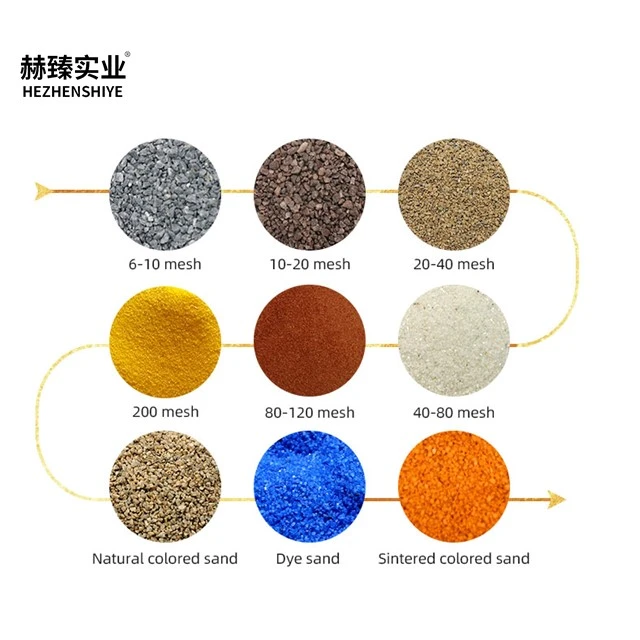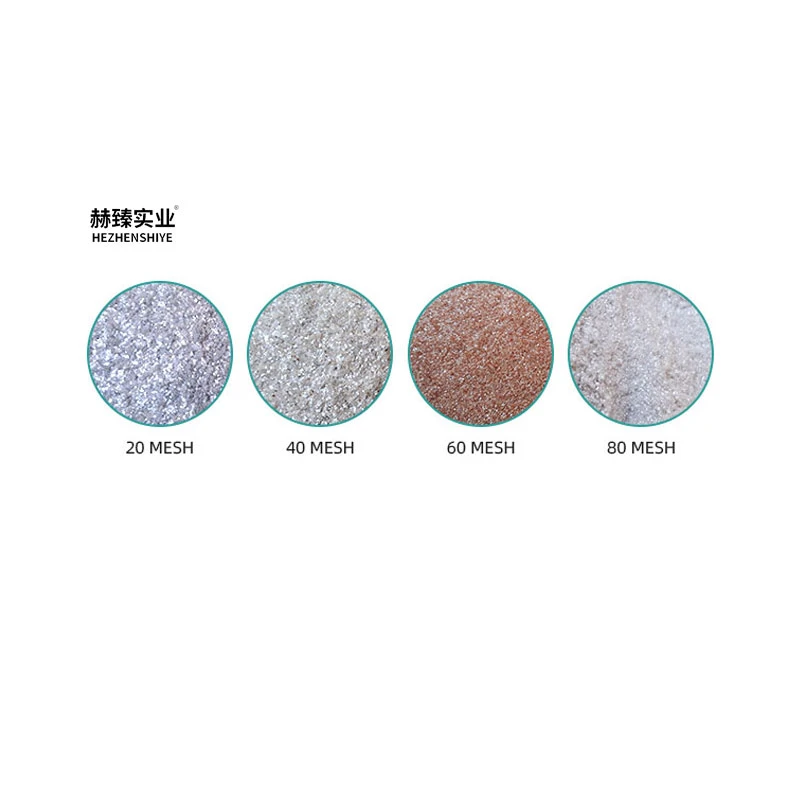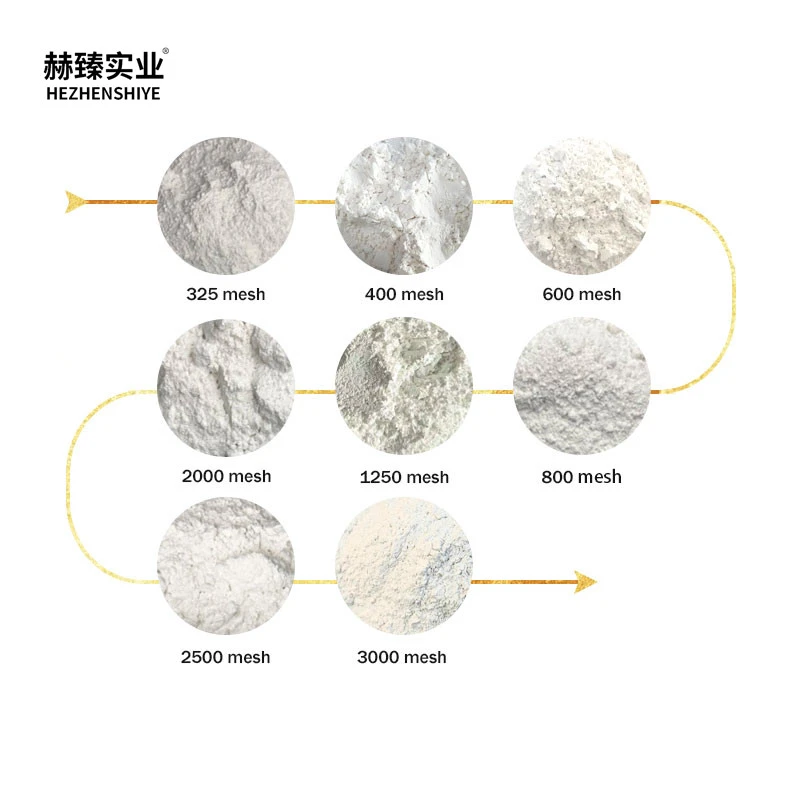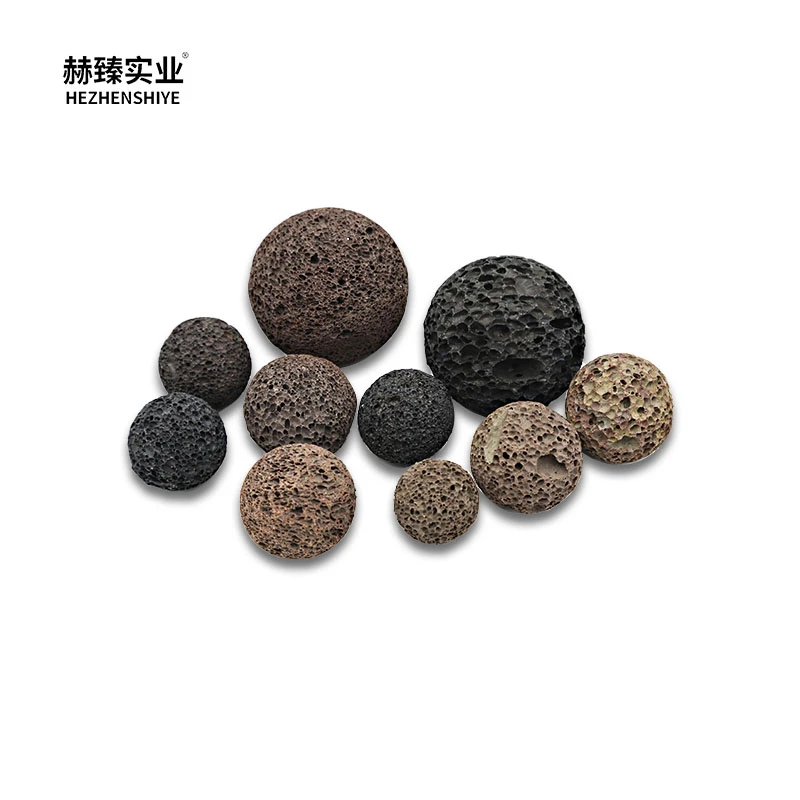types of bentonite
2025.03.05
Bentonite, a unique absorbent clay, has gained significant traction in various industrial sectors due to its versatile properties. It is primarily composed of montmorillonite, a mineral that gives bentonite its distinctive chemical composition and physical characteristics. Understanding the different types of bentonite and their applications not only aids businesses in selecting the right variant but also enhances operational efficiency and product quality.
Composite Bentonite Combining the features of sodium and calcium bentonites, composite bentonites are engineered to meet specific industrial needs. These tailored solutions offer enhanced performance in applications such as foundry sands, where the blending of bentonite types can optimize strength, permeability, and refractoriness. The creation of composite bentonites allows manufacturers to customize products for particular environments, leading to more efficient processes and higher quality end-products. Specialty Bentonite Blends For industries requiring specialized properties, custom bentonite blends are developed. These bespoke solutions are designed for unique challenges, such as increased thermal stability for high-temperature drilling operations or modified cation exchange capacities to suit specific agricultural or environmental applications. By utilizing specialty bentonite blends, companies can achieve precise results, reducing operational risks and enhancing product reliability. Incorporating these distinct types of bentonite into your products and processes requires a thorough understanding of their properties and capabilities. Leveraging the expertise of geologists and chemists, along with real-world application experiences, is crucial for optimizing bentonite use. It is essential to source bentonite from reputable suppliers who provide consistent quality and adhere to industry standards, thereby ensuring the trustworthiness and efficacy of the material used. By focusing on the unique attributes of each bentonite type, businesses can not only meet industry-specific demands but also innovate and improve their offerings. The future of bentonite application lies in its adaptability and the continuous evolution of its use across new and emerging markets.
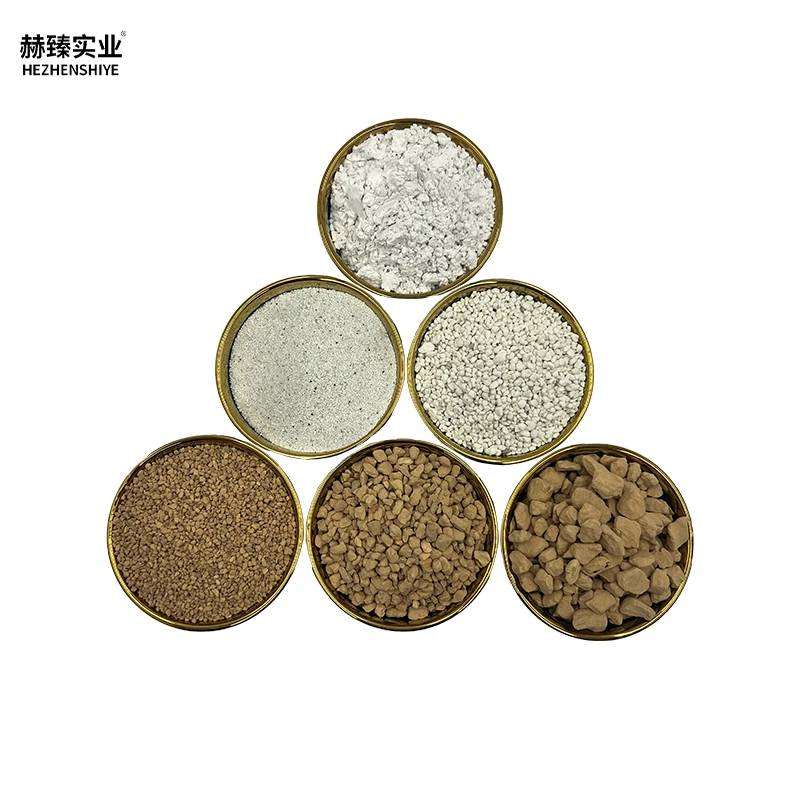
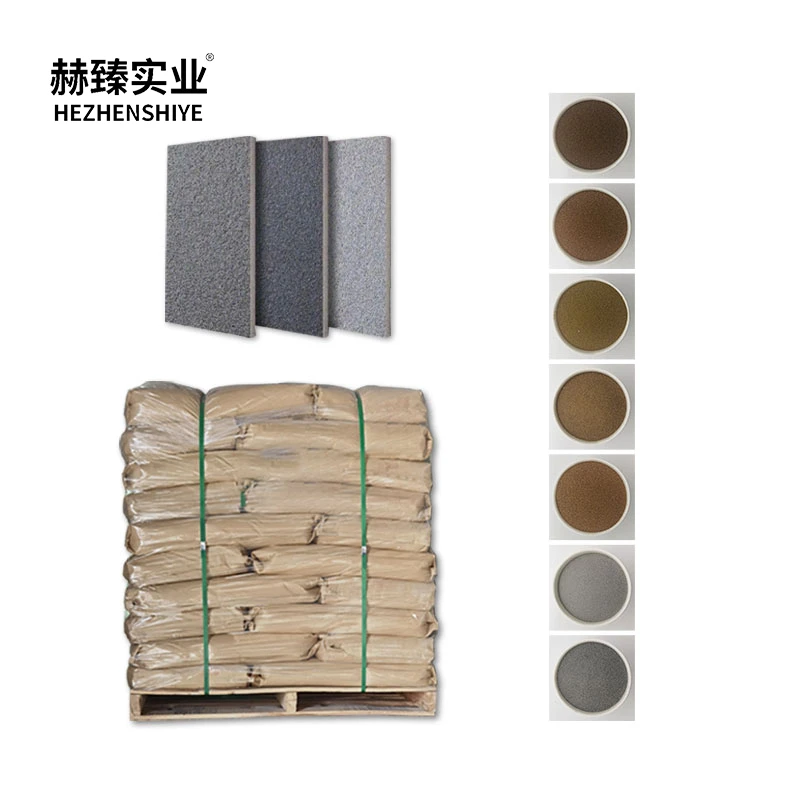
Composite Bentonite Combining the features of sodium and calcium bentonites, composite bentonites are engineered to meet specific industrial needs. These tailored solutions offer enhanced performance in applications such as foundry sands, where the blending of bentonite types can optimize strength, permeability, and refractoriness. The creation of composite bentonites allows manufacturers to customize products for particular environments, leading to more efficient processes and higher quality end-products. Specialty Bentonite Blends For industries requiring specialized properties, custom bentonite blends are developed. These bespoke solutions are designed for unique challenges, such as increased thermal stability for high-temperature drilling operations or modified cation exchange capacities to suit specific agricultural or environmental applications. By utilizing specialty bentonite blends, companies can achieve precise results, reducing operational risks and enhancing product reliability. Incorporating these distinct types of bentonite into your products and processes requires a thorough understanding of their properties and capabilities. Leveraging the expertise of geologists and chemists, along with real-world application experiences, is crucial for optimizing bentonite use. It is essential to source bentonite from reputable suppliers who provide consistent quality and adhere to industry standards, thereby ensuring the trustworthiness and efficacy of the material used. By focusing on the unique attributes of each bentonite type, businesses can not only meet industry-specific demands but also innovate and improve their offerings. The future of bentonite application lies in its adaptability and the continuous evolution of its use across new and emerging markets.
Pervious






